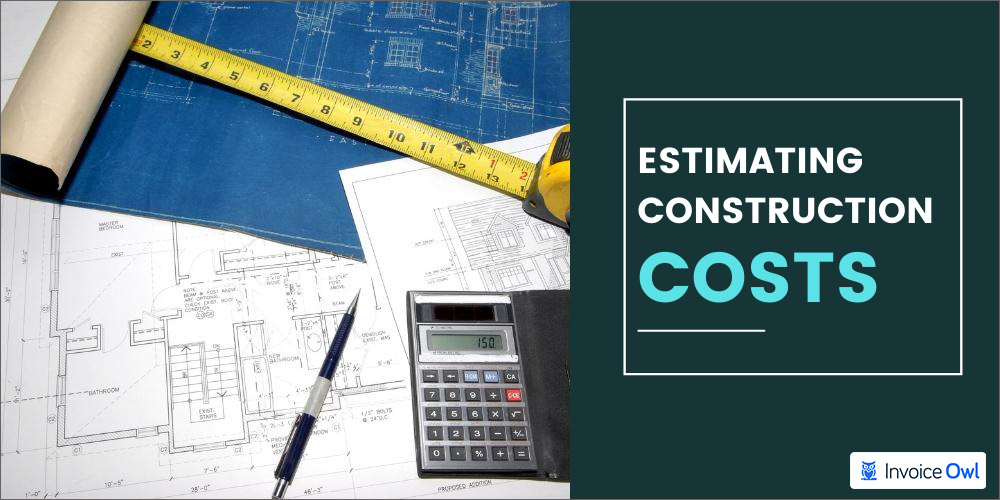Precision Planning with a Construction Estimator
Precision Planning with a Construction Estimator
Blog Article
A successful construction plan is dependent on many moving parts, one of the most important is the construction cost estimator. This expert plays a crucial part for determining financial feasibility of a construction project, ensuring the design goals with budgetary constraints, and providing a path to success in the execution. Without a cost of builders construction projects run the risk of higher risk of budget-related delays, overruns and mismanagement of resources.
The core of the job of a cost estimator is their ability to analyze the entirety of a project and assign accurate cost estimates to each. This involves analyzing architectural drawings and engineering plans, specifications and other materials. The estimator will also take into account the current market prices for labor, materials equipment permits, subcontractor fee as well as other expenses. By synthesizing this information and generating a comprehensive budget that helps decision makers throughout the life that the work is.
One of the main advantages of using a building cost estimator early in the process of planning is that it allows for more informed and strategic design decisions. When developers and architects know how certain materials, building methods, or features affect the total cost and can make changes that are more compatible with the financial objectives without harming quality. Estimators can in bridging the gap between creative vision and the reality of financial.
Furthermore, estimators are essential in risk reduction. By conducting a thorough analysis, they identify potential cost drivers, unforeseen expenses, and economic variables that might affect your budget. This allows the stakeholders to plan contingencies to avoid unexpected expenses. Additionally, estimators often collaborate with procurement teams and project managers to ensure that the actual spending is in line with budgets forecasted throughout the build.
Technology has also enhanced the capabilities of cost estimators for building. With the use of advanced software and cloud-based platforms, estimators are able to work with real-time data and update projections as variables change. This approach to digitalization increases the accuracy of estimates and speeds up turnaround times and helps teams remain agile in a dynamic construction environment.
Another aspect that is crucial to the job of an estimator is transparency. An estimate that is well documented improves the communication between all stakeholders including developers and owners to financiers and contractors. Everyone gains a clear understanding of how money is allotted and how the funds will be managed. This transparency increases trust and ensures accountability across all phases that the program.
In the end, the cost estimator serves as a financial architect--laying the groundwork for a project that is successful not only in terms of design, but also in terms of sustainability, efficiency, and profitability. Their knowledge is directly correlated to an informed plan, optimization of resources, and the overall integrity to the building process.

In today's fast-paced construction landscape, having a skilled and proactive estimator on the team is no longer optional--it's crucial. As projects increase in size and complexity, the function of the building cost estimator becomes even more significant in guiding projects to an efficient, budget-friendly finalization.
Report this page